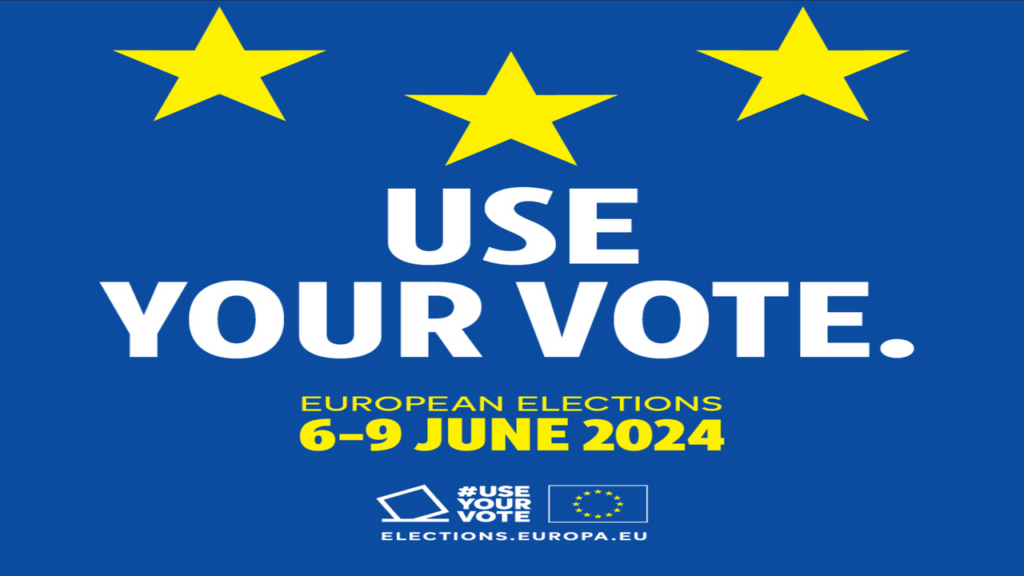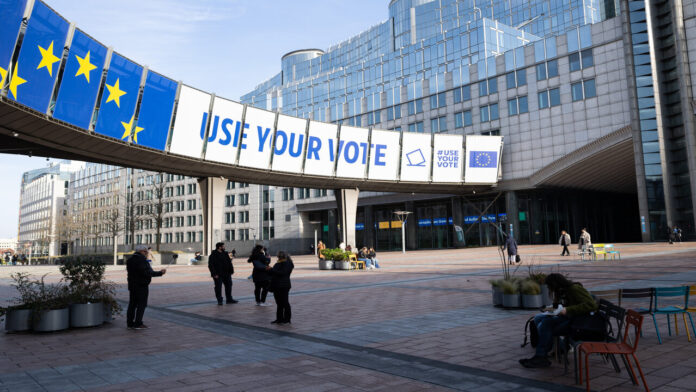You may have heard about the European elections that will take place on the 6th of June in the Netherlands. However, for many, it’s not in their attention. So, Eindhoven News wants to shed some light on the European elections.
European elections generally have a low turnout, especially among European citizens. Yet
these elections are one of the most important, affecting all major policy areas in every
country, from migration to climate to security. Carl De Liedekerke Beaufort writes about the European elections, the European Union, why it is important to vote, how to vote and the functions of the European Parliament in a series of articles.
What are the European elections?
From the 6th of June until the 9th, elections will be held in all European Union countries to
determine the formation of the European parliament. In each country, elections will allow European citizens to elect Members of the European Parliament (MEPs) who
represent their interests at the European level. The number of MEPs each country sends to
the European Parliament is determined by its population size, with larger countries having
more representatives than smaller ones.
In the Netherlands, European elections are conducted through proportional representation,
meaning that the number of seats a political party wins is directly proportional to the number of votes it receives. With 31 MEPs, each MEP represents roughly 200,000 voters.
What does the European Parliament do?
The European Parliament plays a crucial role in the European Union. Firstly, it is the only
directly elected body in the European Union, representing the will of European citizens at the European level. The Parliament has important powers within the European Union such as electing the Commission (explained below), approving the EU budget, shaping and determining the outcome of new laws. With the latest budget from 2021-2027 being around 2 trillion euros, MEPs have an important impact on both European and national affairs. The European Parliament constitutes one of the three main organisations that make up the core of the European Union.

Who am I voting for?
In every country, citizens will vote for national parties. This means that in the Netherlands,
Dutch and European citizens living in the Netherlands will vote for national parties like VVD,
GL-PvdA, Volt, PVV, NSC, and other parties you are used to seeing. However, unlike
the national elections, each party is part of a wider European political family.
This means similar-minded parties work together across Europe to push their ideas and beliefs in the European Parliament. For example, the VVD and D66 both sit in the same
family called “Renew,” which is a centre party working with the party of the French President Macron and or MR from Belgium. There are also the Socialists and Democrats (S&D), with the PvdA from the Netherlands and most other socialist parties across Europe. In total, there are seven recognised families; you can find more information about these families here.
How does the European Union work?
Three main bodies in the European Union ensure that the European laws are
properly passed with representation and approval from each European country. These are
the European Commission, the European Parliament and the European Council.
European Commission: Often described as the EU’s executive branch, the European
Commission is responsible for proposing legislation, implementing decisions, and upholding
EU treaties. It comprises commissioners appointed by each member state, with one
commissioner per country. As mentioned before, this body is elected by the parliament.
Therefore the political majority of the parliament has a large influence on what the priorities of the Commission will be.
European Parliament: As mentioned earlier, the European Parliament is the directly elected legislative body of the European Union. It represents the interests of EU citizens and has the power to amend, approve, or reject legislation proposed by the European Commission.
European Council: The European Council consists of the heads of state or government of
EU member states, the President of the European Council and the President of the European Commission. It sets the EU’s political agenda and provides general political direction and priorities.
For Eindhoven News:
Guest writer- Carl De Liedekerke Beaufort, Campaign co-lead for Zuidoost Brabant, VOLT Europa.











